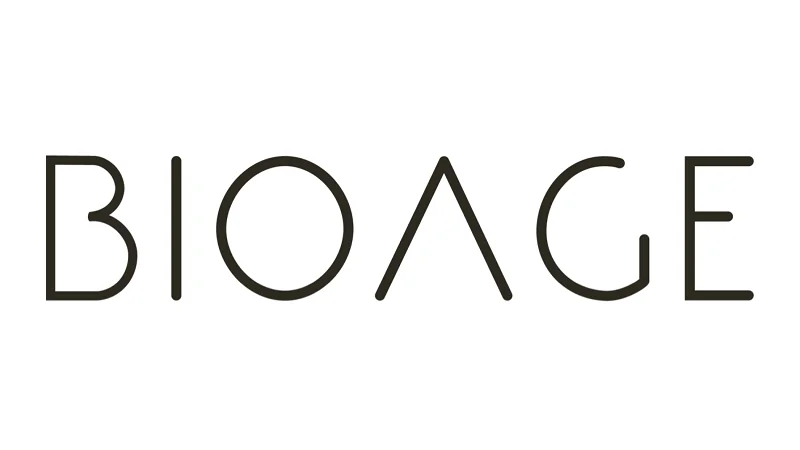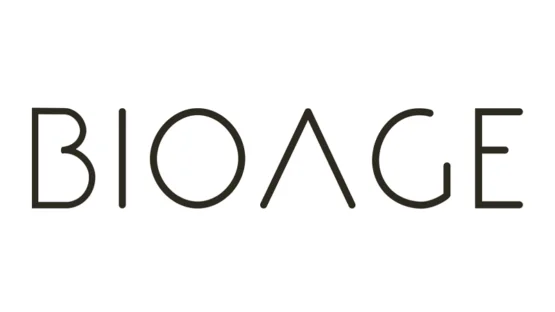BioAge Labs is off to a fast start in 2021, with two drugs in its pipeline now undergoing clinical trials and a third planned to start in the near future.
Building momentum
After a $90 million Series C funding round closed late last year, BioAge has moved quickly to start the new year. Like most longevity companies, BioAge utilizes broad anti-aging pathways to target specific age-related diseases. BioAge has a unique proprietary biobank of longitudinal data and AI platform for identifying longevity targets. The company’s strategy specifically involves licensing “de-risked” drugs that have already been shown safety and target engagement in a human clinical trial.
In March, BioAge launched a phase 2a clinical trial for unexplained anemia of aging. Its drug BGE-117, which was licensed from Taisho, inhibits an enzyme that breaks down hypoxia-inducible factor: a transcriptional factor that has been shown to extend lifespan in preclinical studies. Shortly after, BioAge announced another phase 2 trial, this time for COVID-19 in patients over 60 years old. BGE-175, licensed from Shionogi, inhibits the PGD2 DP1 pathway, which was identified by its AI platform to be involved in immune aging and reduced COVID-19 mortality in aged mice.
Going mainstream
Dr. Kristen Fortney, CEO of BioAge, kicked off the year presenting at the J.P. Morgan Healthcare Conference, one of the biggest annual biotech conferences in the US. Earlier this month, BioAge also announced a licensing agreement for BGE-105 with Amgen, one of the world’s largest independent biotechnology companies. BGE-105 is an APJ agonist similar to the naturally occurring apelin, a peptide that decreases with age in both rodents and humans. Apelin promotes muscle formation, activates AMPK-dependent mitochondria biogenesis, promotes autophagy, and decreases inflammation in aged mice [1].
BioAge plans to start its first clinical trial with BGE-105 in the first quarter of next year. Although the drug has already been shown to be safe in a small number of individuals, the study will be a Phase 1 pharmacodynamics study comparing its effects to apelin. While BioAge’s platform has identified the APJ pathway as one that may broadly increase longevity, the drug’s first indication will likely be specifically for sarcopenia or recovery from extended bed rest due to surgery or trauma. Dr. Fortney remarked, “The licensing agreement represents a major milestone toward our vision of developing a pipeline of treatments that separate growing older from disability and disease, dramatically improving the quality of life as we age.”
Conclusion
More than ever, longevity companies are poised to begin collecting and reporting clinical trial data. It’s an exciting time, but it is important to remember that a majority of biotech startups seem most promising just before testing their therapeutics in humans. BioAge’s strategy is certainly encouraging, as it uses an invaluable dataset, an AI-driven approach, and therapeutics with previously established safety profiles. Its ongoing trials in immune and hematopoietic aging, and newly licensed drug for muscle aging, position BioAge as a top longevity company to follow.
Literature
[1] Vinel, C., Lukjanenko, L., Batut, A., Deleruyelle, S., Pradère, J.-P., … & Dray, C. (2018). The exerkine apelin reverses age-associated sarcopenia. Nature Medicine, 24(9), 1360–1371. https://doi.org/10.1038%2Fs41591-018-0131-6






